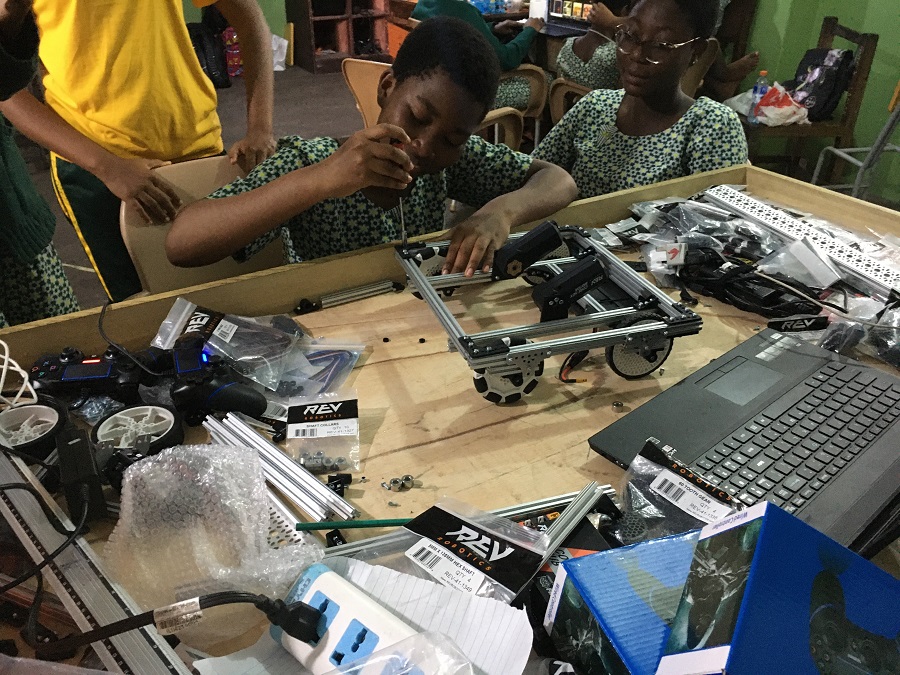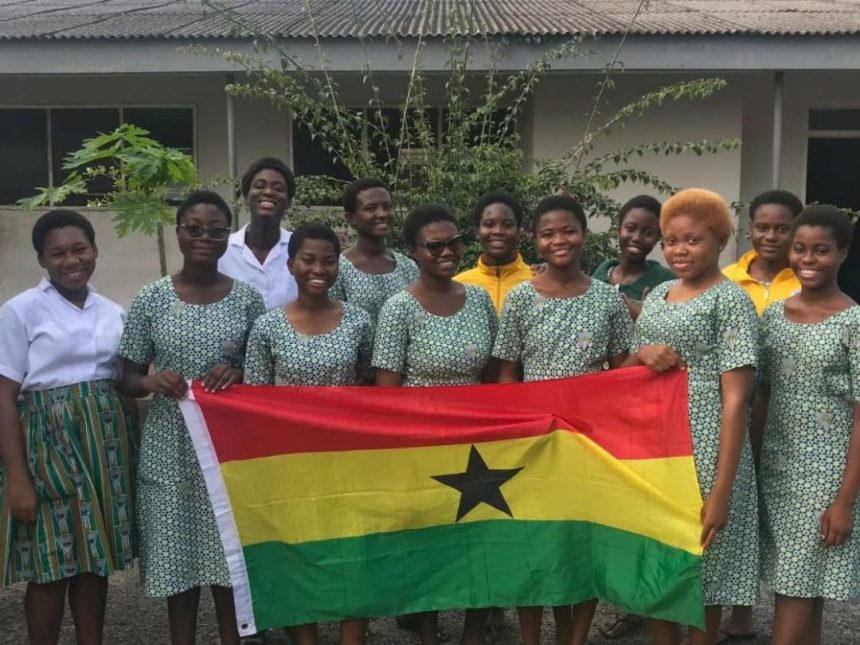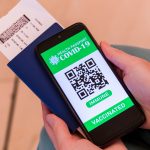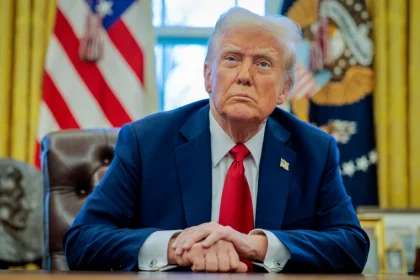Twelve students from the Aburi Girls’ Senior High School in the Eastern region are representing Ghana this year in the 2021 FIRST Global Challenge — the fifth iteration of the global Olympics-style robotics event.
This year’s theme, “Discover & Recover,” focuses on overcoming the COVID-19 pandemic by discovering opportunities for innovative recovery and will have participants represented from over 160 countries participating. From social projects to miniature satellites to robot design, teenagers from around the world are required to develop solutions to problems the COVID-19 pandemic has presented.
The all-girls Team Ghana is being mentored by the STEMbees Organisation and will be a part of this virtual season which began on 27 June 2021 and will end on 28 September 2021. There are three main components which are a Solutions challenge, a CubeSat challenge, and a Robotics challenge.
In the Solutions Challenge, teams are to innovate STEM (Science, Technology, Engineering and Mathematics) solutions to local problems resulting from the pandemic in the areas of education, environment, health and economy. Team Ghana’s solution is focused on making biodegradable nose masks from plantain fibres that are more comfortable and do not require strings to wear.

“At STEMbees we encourage young women to become problem solvers using technology. The problem this team identified is that a large number of Ghanaians do not properly dispose of the single-use nose masks. These disposable nose masks are made of polypropylene, which takes a long time to decompose and can carry a wide range of viruses including the coronavirus into water bodies, soil and ultimately to animals and back to us humans if not properly disposed of. Also, many people complain that the masks are uncomfortable to wear, causing them to wear them wrongly or not at all,” shares Angela Koranteng, a co-founder of STEMbees.
In the FIRST Global Challenge, teams will compete with teams around the world to develop their robot to design, building and programming skills for four different tasks.
Original Source: MUSE Africa










